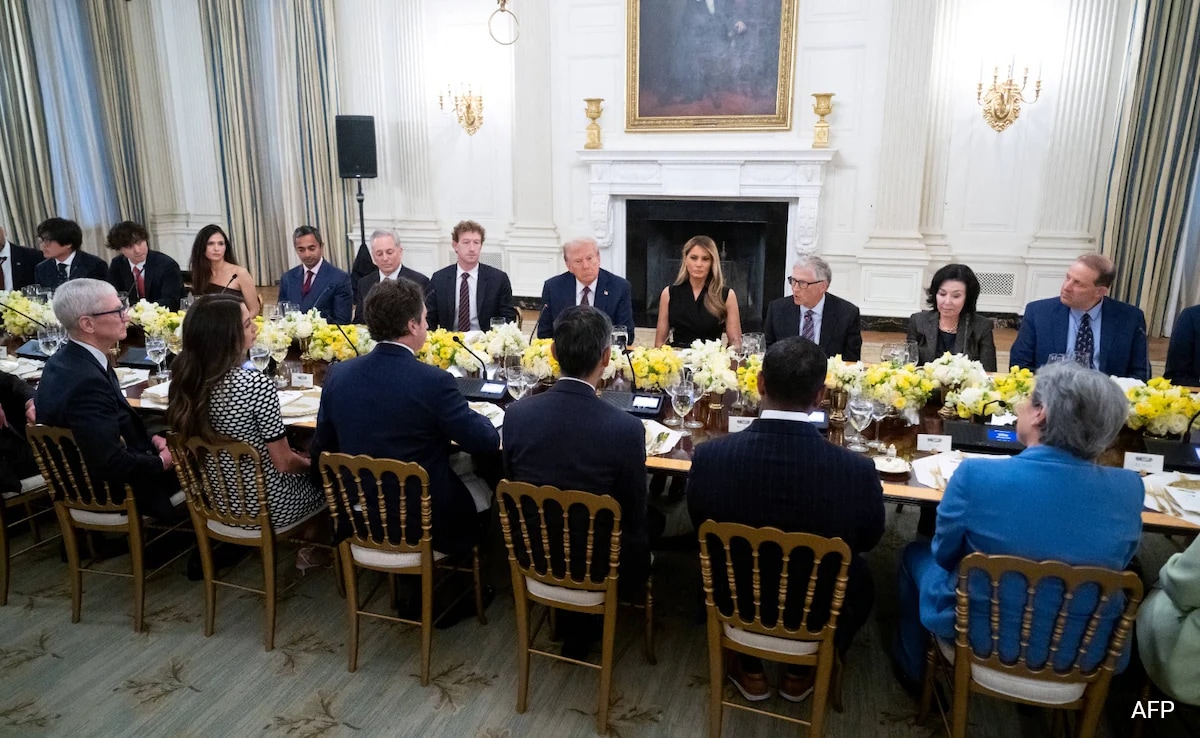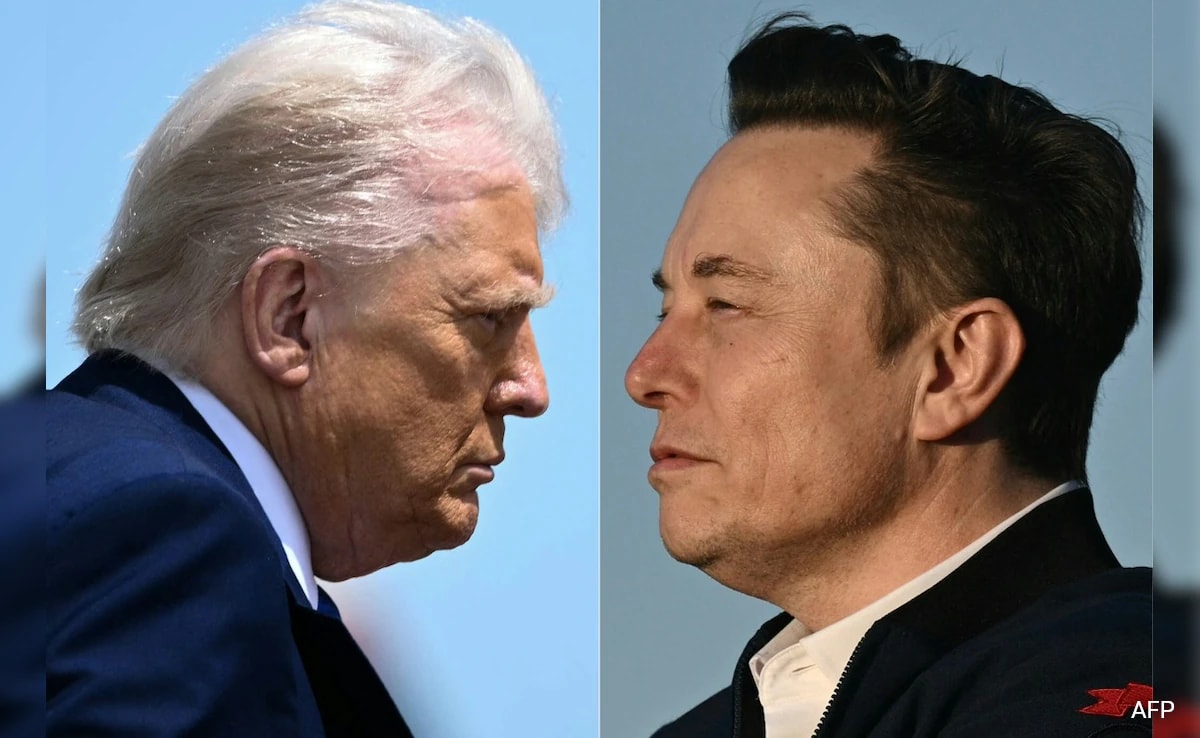âBoycotting the Olympics for political reasons harms the interests of athletes, violates the shared ideals and aspirations of the international society, and is unpopular,â Xie said. President Biden has confirmed that the White House is considering a diplomatic boycott of the Games.
Attended by the American Chamber of Commerce in China, the American Chamber of Commerce in Shanghai and the U.S.-China Business Council, the event was part of efforts by Beijing to prevent the relationship from deteriorating beyond what is already its worst point since diplomatic ties were established.
Xie declared that a virtual summit between Biden and Chinese President Xi Jinping had sent a strong signal that the relationship needed to be mended. But Beijing has continued to angrily rebuff any suggestion of wrongdoing over military aggression toward Taiwan, a crackdown on civil liberties in Hong Kong and mass internment of Uyghurs and other Muslims in the Xinjiang region.
âEveryone must be clear that Taiwan, Xinjiang, Hong Kong and Tibet are core interests that touch upon Chinaâs sovereignty and secure development,â Xie told the American executives. âChina does not have any room to compromise.â
The call for multinationals to support Beijingâs position comes as the Womenâs Tennis Association on Wednesday announced that it was suspending tournaments in China in response to concerns about the safety of tennis star Peng Shuai.
On Nov. 2, Peng accused retired Chinese Communist Party executive vice premier Zhang Gaoli of coercing her into a sexual relationship. The post was censored within about half an hour and Peng then disappeared for two weeks.
After an international outcry, she re-emerged in carefully curated posts from Chinese state media and spoke via video with the International Olympic Committee (IOC) President Thomas Bach. But these reports were for international consumption only and were not shared on Chinaâs heavily censored social media, where Peng remains silent.
None of the appearances has satisfied human rights groups, which see parallels between Pengâs case and those of dozens of activists and dissidents previously forced to confess and recant on state media.
As scrutiny of abuses in China mounts, multinational companies and international institutions have repeatedly found themselves facing pressure from both concerned human rights activists and Chinese officials.
Combined with strict laws on data protection and the lingering China-U.S. trade dispute, that challenging political environment is forcing a rethink by companies that once saw Chinaâs market as irresistible.
Business executives that remain committed to China, however, continue to defend the Chinese leadership and backtrack rapidly if they offend Beijing, intentionally or otherwise.
A day after J.P. Morgan chief executive Jamie Dimon joked last Tuesday that the company might outlast the Chinese Communist Party, adding âI canât say that in China,â he released a statement saying he regretted the remarks, conceding âitâs never right to joke about or denigrate any group of people.â
Speaking to CNBC on Wednesday, Bridgewater Associates founder Ray Dalio responded to a question about human rights issues in China by saying that he âcanât be an expert in all of those particular dynamics.â
Dalio, a long time believer that China sits at the center of global economic growth, added that the Chinese leadership behaved like a âstrict parentâ toward Chinese people. âThe notion of whatever they are doing in terms of calling in people and then behaving in a certain way, thatâs their approach,â he said.
The Wall Street Journal reported last week that Bridgewater Associates has raised the equivalent of $1.25 billion for its third investment fund in China.
.png)











 English (United States) ·
English (United States) ·  Turkish (Turkey) ·
Turkish (Turkey) ·